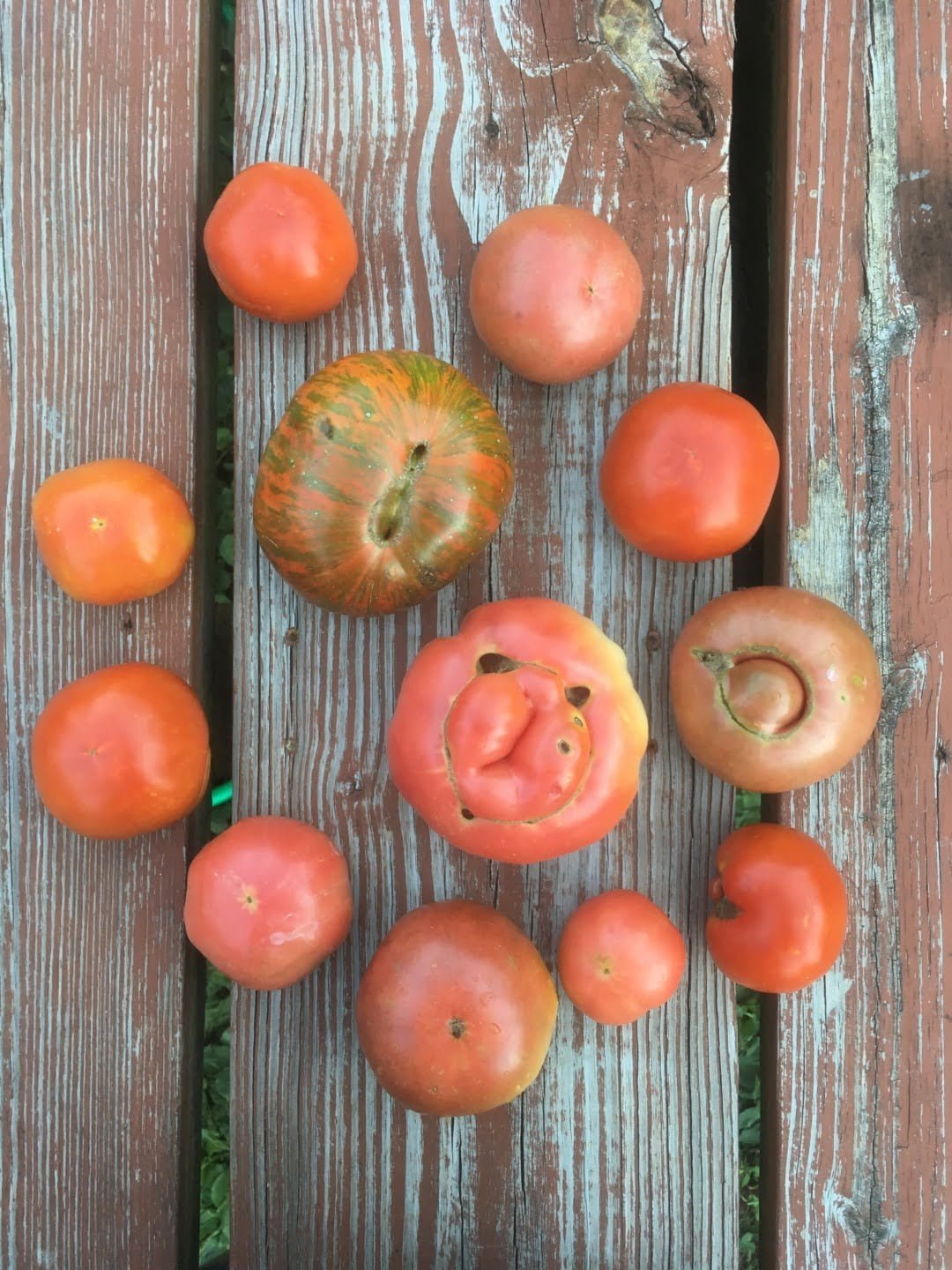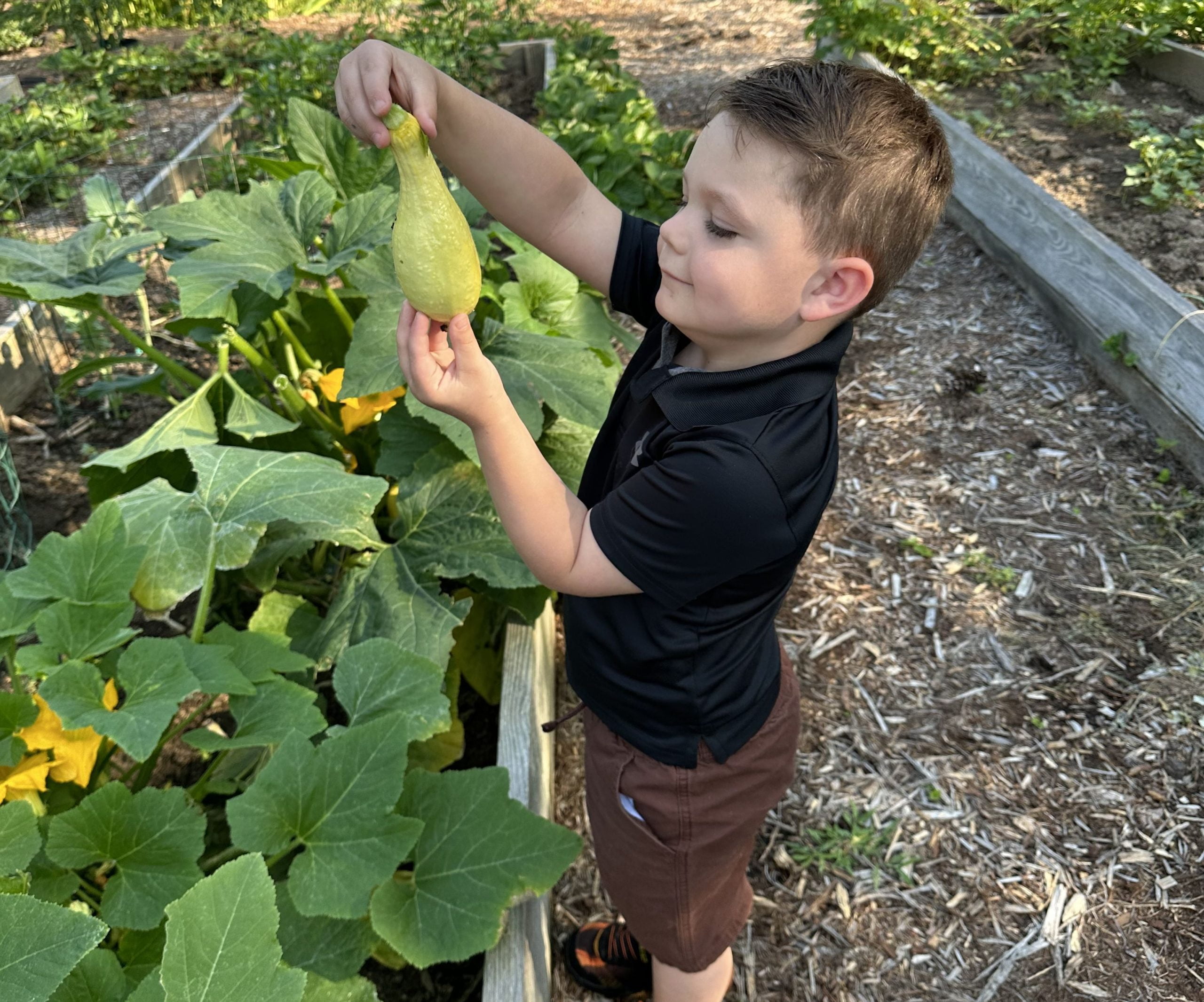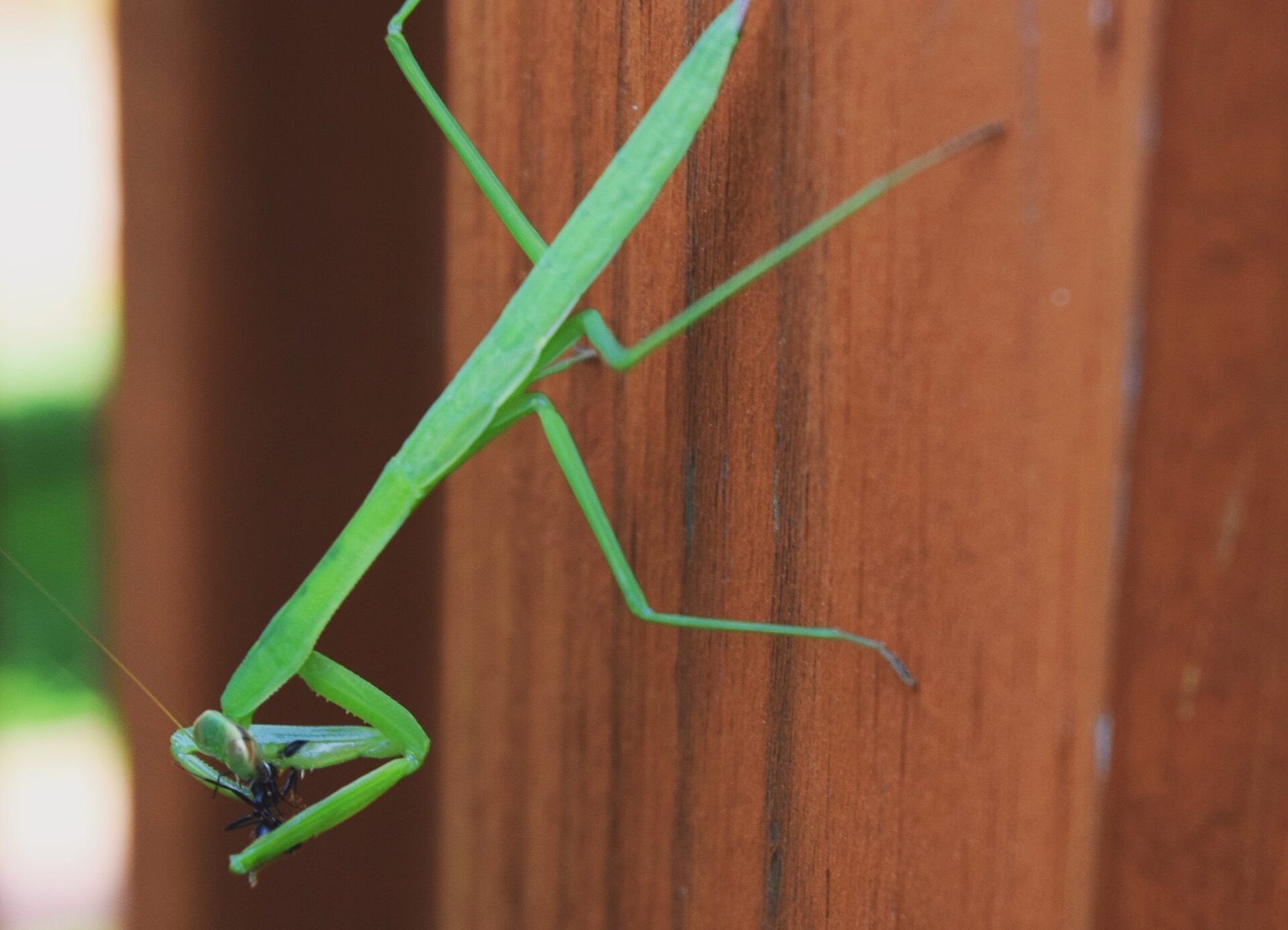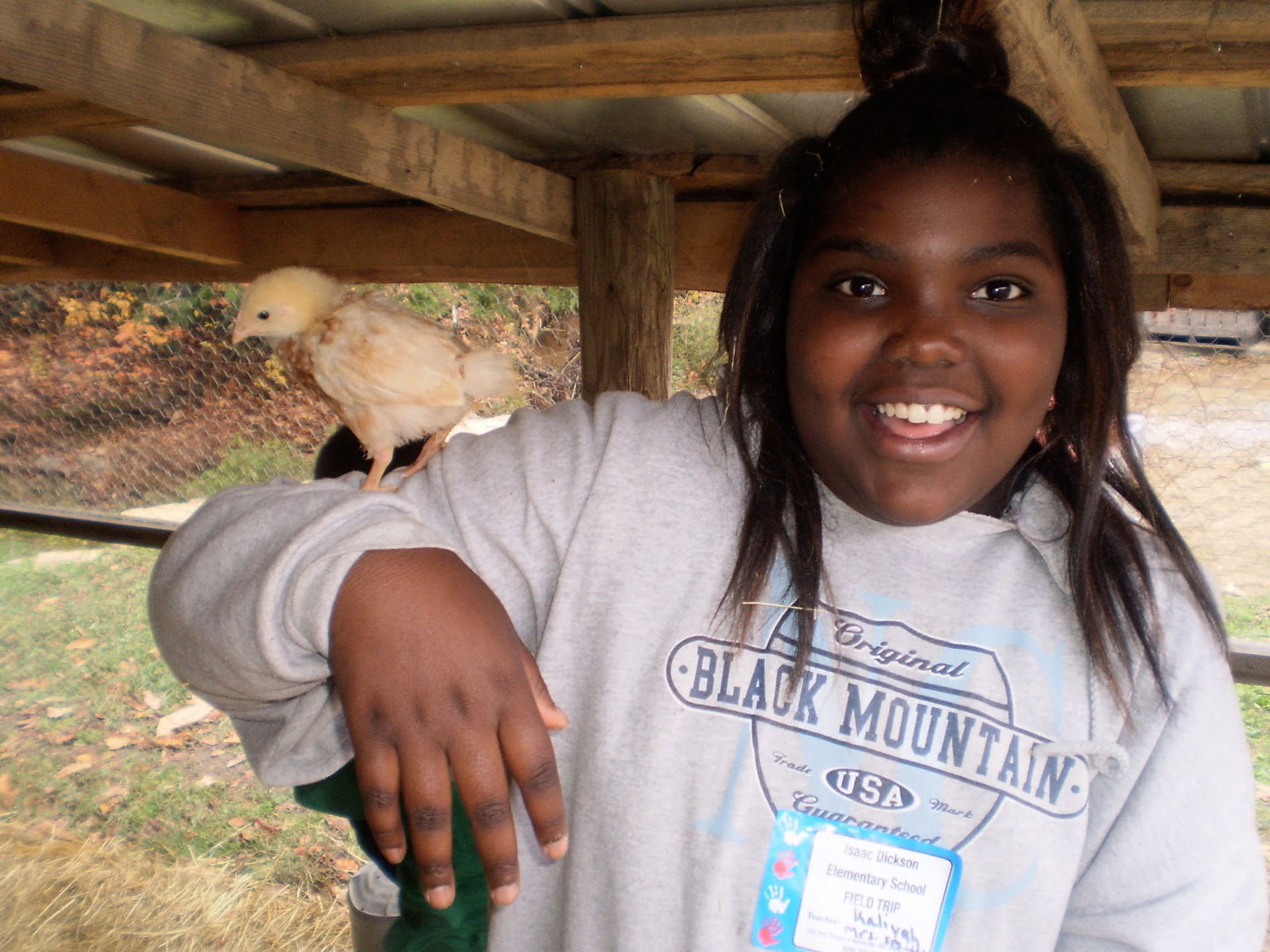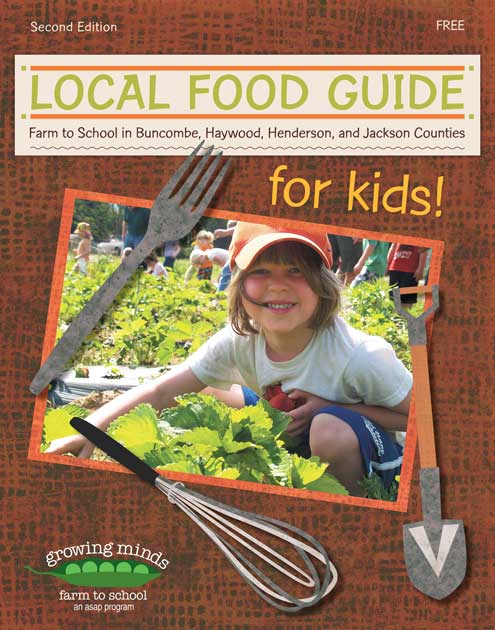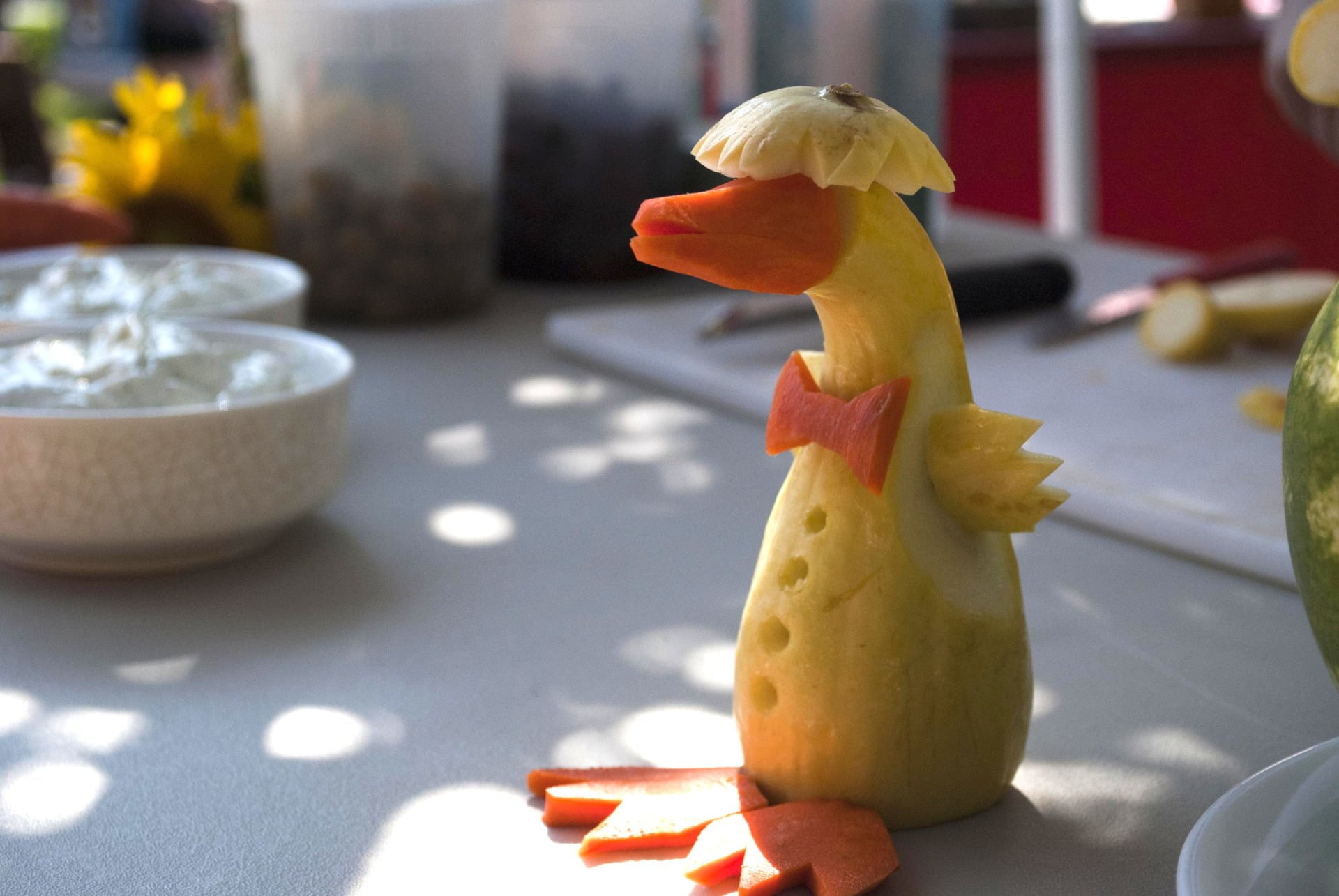Growing Minds @ Community College Funding
…participants only. If you would like to apply for funds for your preK-12 classroom, please fill out this application. What are the criteria for selection? This funding is open to community college Early Childhood Education instructors in North Carolina. We accept funding applications on a rolling basis and award them as funding is available. What is required of Growing Minds @ Community College recipients? After you are awarded GM@CC Funding and…

